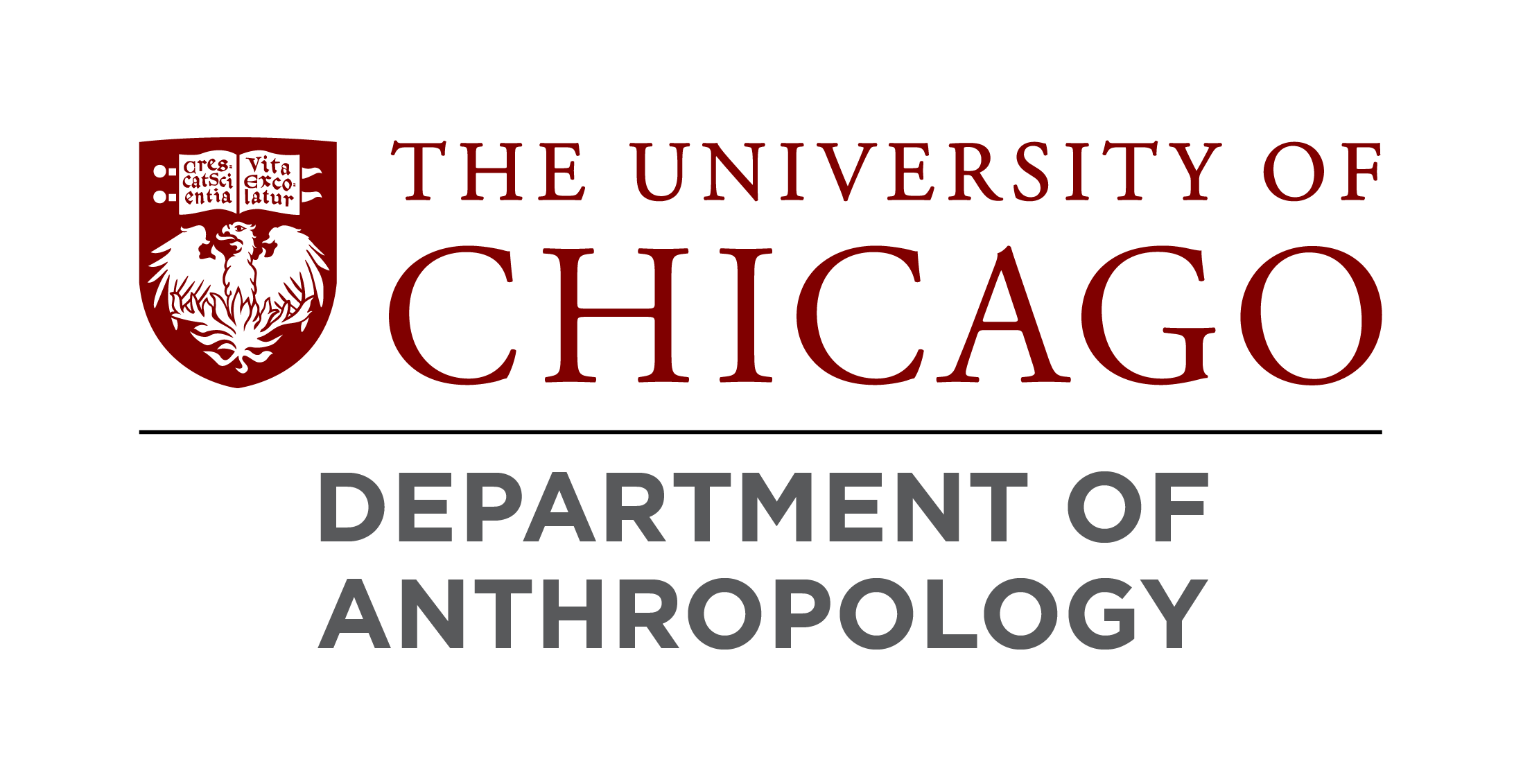Getting to Know Anthropology’s 2025-2026 Teaching Fellows
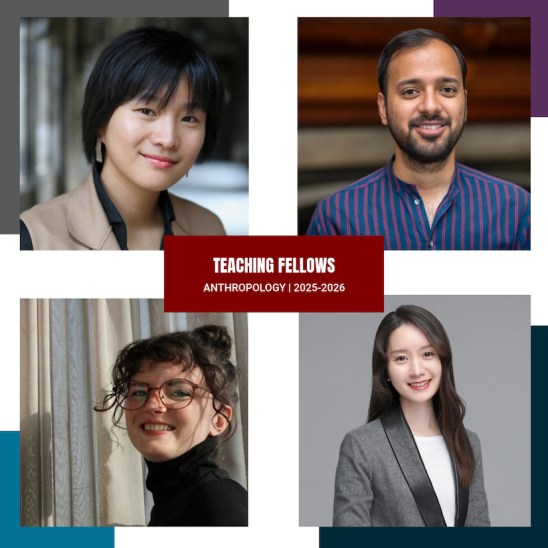
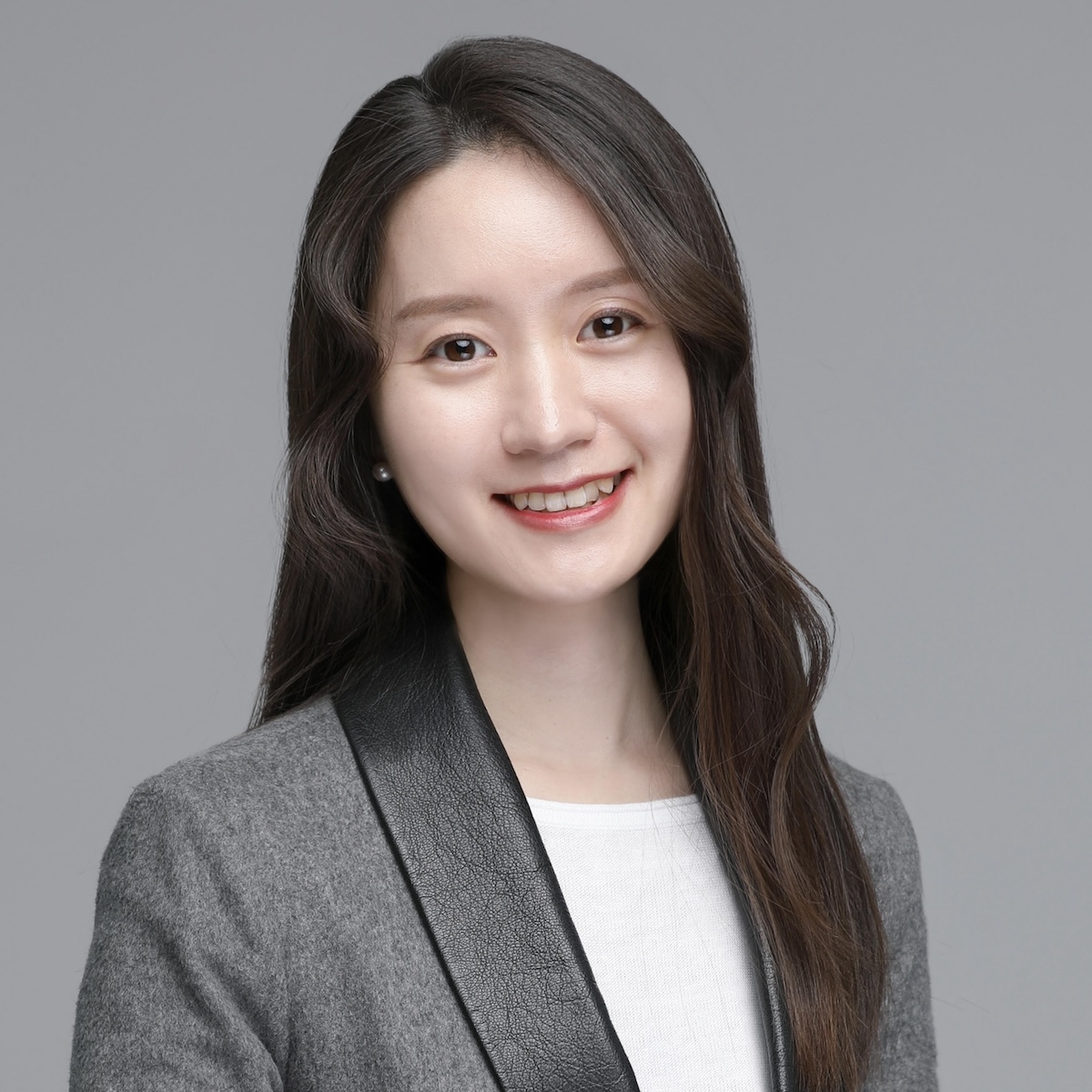
Jiyea Hong is a scholar of media, environment, and ethnic politics in contemporary China. Her research investigates how marginalized communities use digital media to navigate and shape transformative social changes, from environmental movements to technological innovation. Her current book project, Echoes of Conservation: Producing Biocultural Diversity and Cultivating Subjectivity in Ethnic China, explores how ethnic minority filmmakers in Southwest China engage with conservation frameworks that connect ecological and cultural preservation. Using archival and ethnographic research, she examines how local media practices express traditional ecological knowledge and negotiate recognition within global conservation discourse. Her second project, Algorithmic Communities: Social Media and Belonging in Ethnic China, analyzes how rural ethnic communities participate in and impact AI-driven, short-form video platforms.
In 2025-26, she will teach in the Self, Culture, and Society course sequence of the Social Sciences Core.
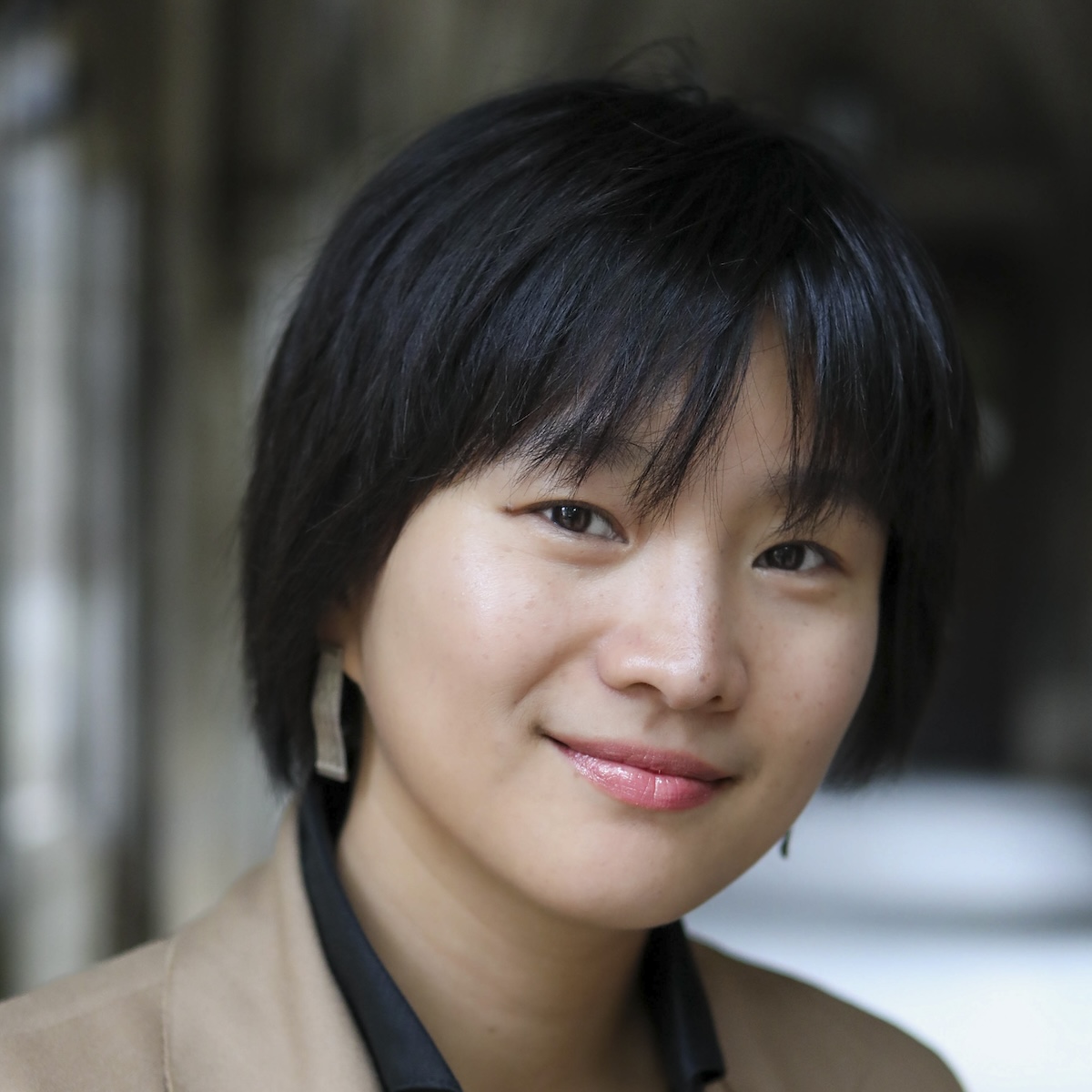
Myungji Lee is a sociocultural anthropologist from Seoul whose research explores the intersection of religion, politics, and gender in contemporary Türkiye/Turkey. She received her Ph.D. in Anthropology from the University of Chicago in August 2025. Lee examines how religious sensibilities shape collective life in a polarized society in gendered ways. Drawing on the anthropology of religion and secularism, semiotic approaches to communication, and feminist social theory, her work investigates how Sunni Muslims in Turkey—divided over Islam’s role in public life and the state’s authority in religious life—continue to sustain collective life amid deep ideological fractures. By tracing how social relations persist despite such divisions, her research advances an anthropological understanding of polarization as a political condition that heightens the everyday vulnerabilities of belonging.
Her first book project, Partial Grammars of Authority: Muslim Women and Bureaucratized Islam in Polarized Turkey, builds on her dissertation to examine state-sponsored religious education as a site where collective life amid fundamental disagreement becomes observable. Drawing on ethnography, archival research, and interviews, Lee focuses on state women preachers who deliver Islamic lessons as public servants. She analyzes how these preachers guide—or deliberately refrain from guiding—citizens in navigating disagreements over Islam’s place in public life, revealing how state-sponsored religious authority simultaneously produces and mitigates polarization.
While preparing her book manuscript and several journal articles based on her dissertation, Lee serves as a Teaching Fellow in the Department of Anthropology and the College at the University of Chicago, offering courses in anthropology, human rights, and social theory. More information about her research and teaching is available at myungjilee.info.
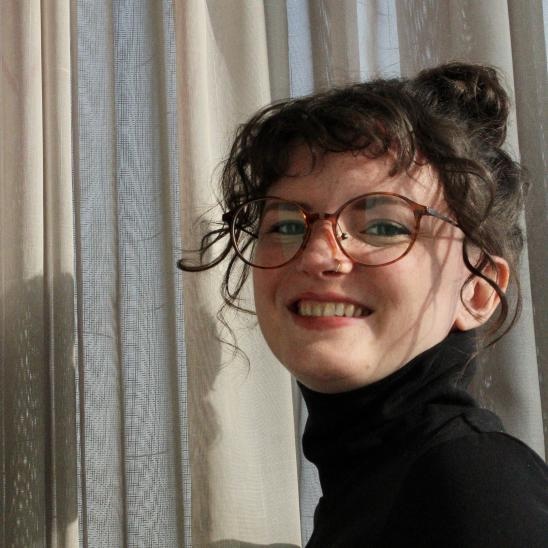 Hanna Pickwell is a sociocultural anthropologist whose work investigates consumption, value(s), ethics, affect, and environmental sensibilities in urban China. Her book project, Used Values, explores how urban Chinese relate to old, used, and outmoded everyday things. This ethnography examines how practices of consumption, disposal, and reuse shape cultural values, aesthetic judgments, and ethical orientations to the self, others, and the environment. Pickwell’s work has received support from Fulbright, the Wenner-Gren Foundation, and the China-US Scholars Program.
Hanna Pickwell is a sociocultural anthropologist whose work investigates consumption, value(s), ethics, affect, and environmental sensibilities in urban China. Her book project, Used Values, explores how urban Chinese relate to old, used, and outmoded everyday things. This ethnography examines how practices of consumption, disposal, and reuse shape cultural values, aesthetic judgments, and ethical orientations to the self, others, and the environment. Pickwell’s work has received support from Fulbright, the Wenner-Gren Foundation, and the China-US Scholars Program.
This year, she will be teaching Self, Culture, and Society I (fall) in the Social Sciences core; as well as Introduction to Anthropology (spring) and Commodities and Consumption (winter) in the Anthropology department.
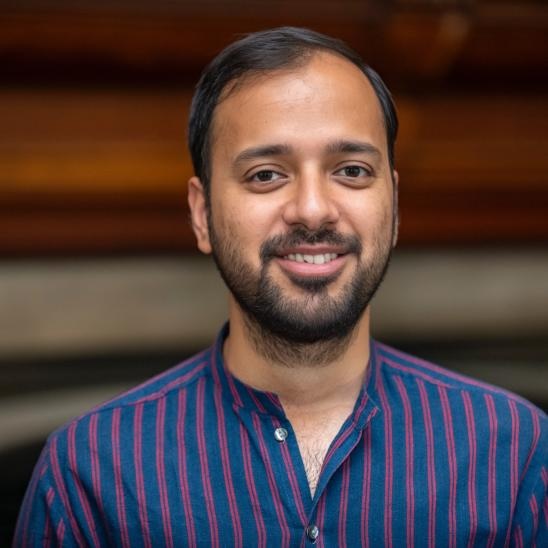 Shubham Shivang is an anthropologist and a media scholar of contemporary South Asia. His research examines how digital media and cinema forge new paradigms of identity and occasion new modes of doing political work. His current book project, The Sound of Bhojpuri: Screen Media, Language, and Politics in Vernacular North India, takes up the North Indian instance of the Bhojpuri language to unpack how visuality and language are entwined to reimagine and reshape existing models of ethnolinguistic identity in South Asia. His work shows that in Bhojpuri’s case, the vernacular ceases to be a mere speech form and language becomes more than a nominal classificatory category for cultural media. It makes the claim that cultural media, such as the practices named Bhojpuri, reveal how the black box of ‘culture’ is made an everyday object of concern and politics in contemporary South Asia.
Shubham Shivang is an anthropologist and a media scholar of contemporary South Asia. His research examines how digital media and cinema forge new paradigms of identity and occasion new modes of doing political work. His current book project, The Sound of Bhojpuri: Screen Media, Language, and Politics in Vernacular North India, takes up the North Indian instance of the Bhojpuri language to unpack how visuality and language are entwined to reimagine and reshape existing models of ethnolinguistic identity in South Asia. His work shows that in Bhojpuri’s case, the vernacular ceases to be a mere speech form and language becomes more than a nominal classificatory category for cultural media. It makes the claim that cultural media, such as the practices named Bhojpuri, reveal how the black box of ‘culture’ is made an everyday object of concern and politics in contemporary South Asia.
In 2025-26, Shubham will be teaching in the Social Sciences and the Humanities core sequences (Self, Culture, and Society & Film and the Moving Image). Alongside these core courses, he will be teaching a practicum course on linguistic anthropological methods at the department. He will also be offering his course on the processes of remaking, rebooting, and retooling as fundamental to our notions of cultural practice and location. This course will pick up such popular objects as film remakes, digital memes, cultural documentaries, and reaction videos to understand what makes them especially relevant in our current moment.
 THE UNIVERSITY OF CHICAGO
THE UNIVERSITY OF CHICAGO

